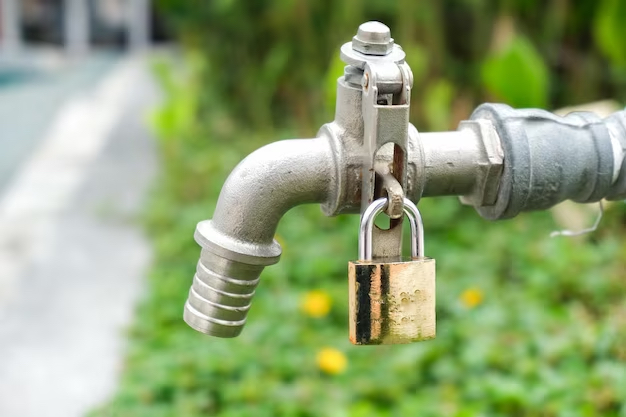Bulawayo residents are challenging government plans to privatise water services, warning it could worsen access to clean water for vulnerable communities.
The controversy follows Local Government Minister Daniel Garwe’s announcement that the government has received approval to seek private investors to take over Zimbabwe’s urban water supply system.
A leading human rights organisation says global evidence suggests privatisation of water services has largely failed.
“Globally, there is imperial evidence that privatisation of water services is a failure, it has failed dismally and it is actually being rejected even by the proponents of privatisation themselves,” said Khumbulani Maphosa, coordinator of the Matabeleland Institute for Human Rights (MIHR).
“If you go to Europe now and America, you will discover that they had privatised most of these services especially water but in the past 5-10 years, they have been re-municipalising en mass because they have noted the ills of privatisation,” he added.
The proposal has sparked particular concern in Bulawayo, where residents previously rejected plans for a water utility partnership with a Dutch company, Vitens Evides International (VEI).
“We are surprised, these private players will come in what format and as residents we feel that we should be consulted extensively and be heard,” said Winos Dube, chairperson of the Bulawayo United Residents Association (BURA).
“Our fear is we are going to have a situation where these private players will be coming in as companies who will be wanting to make profit and when they want to make profit, who suffers most, it is now the rate payer who will have to make sure they are paying heavily for water provision which will be costly and a serious challenge for our people,” Dube added.
The move has raised questions about Zimbabwe’s constitutional obligations, as Section 77 (a) guarantees the right to safe, clean and potable water.
Thamsanqa Ndlovu, Residents Charter leader, argued that Bulawayo’s current water infrastructure works well, but faces raw water shortage issues.
“The government admitted that council has a management problem, what are they planning to do. The central government has an overriding legal and moral duty to ensure good local governance, rather than privatization,” said Ndlovu.
Critics argue the privatisation plan contradicts Zimbabwe’s commitment to Sustainable Development Goals (SDGs) and Vision 2030 under the National Development Strategy.
Maphosa warns: “It is going to worsen even the bracket of the marginalised because even those that thought they were able and were not marginalised and were not impoverished they will realise it especially under privatisation, it is also going to commodify water which is a basic human right and it is also going to be an actual affront to the constitution of the country.”

